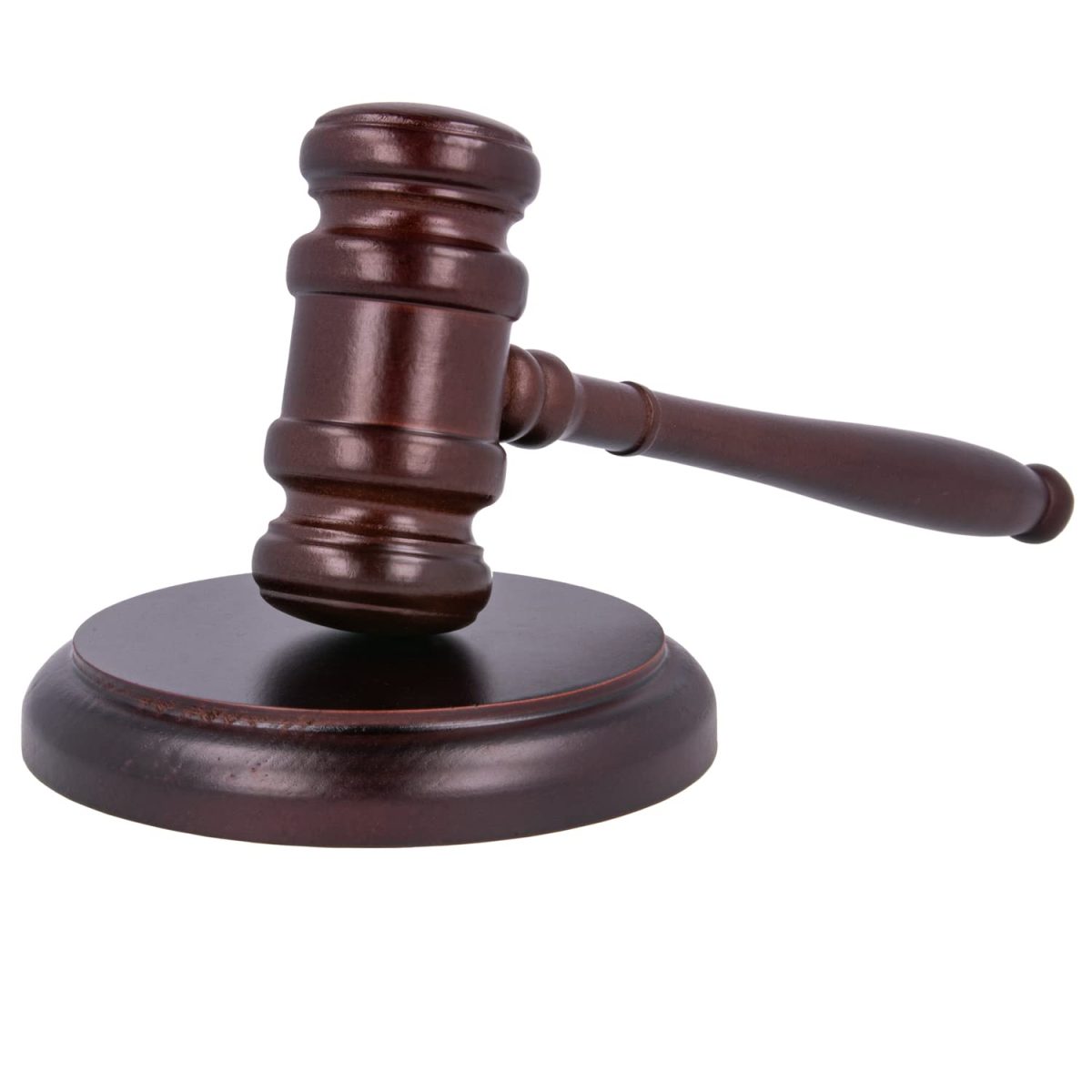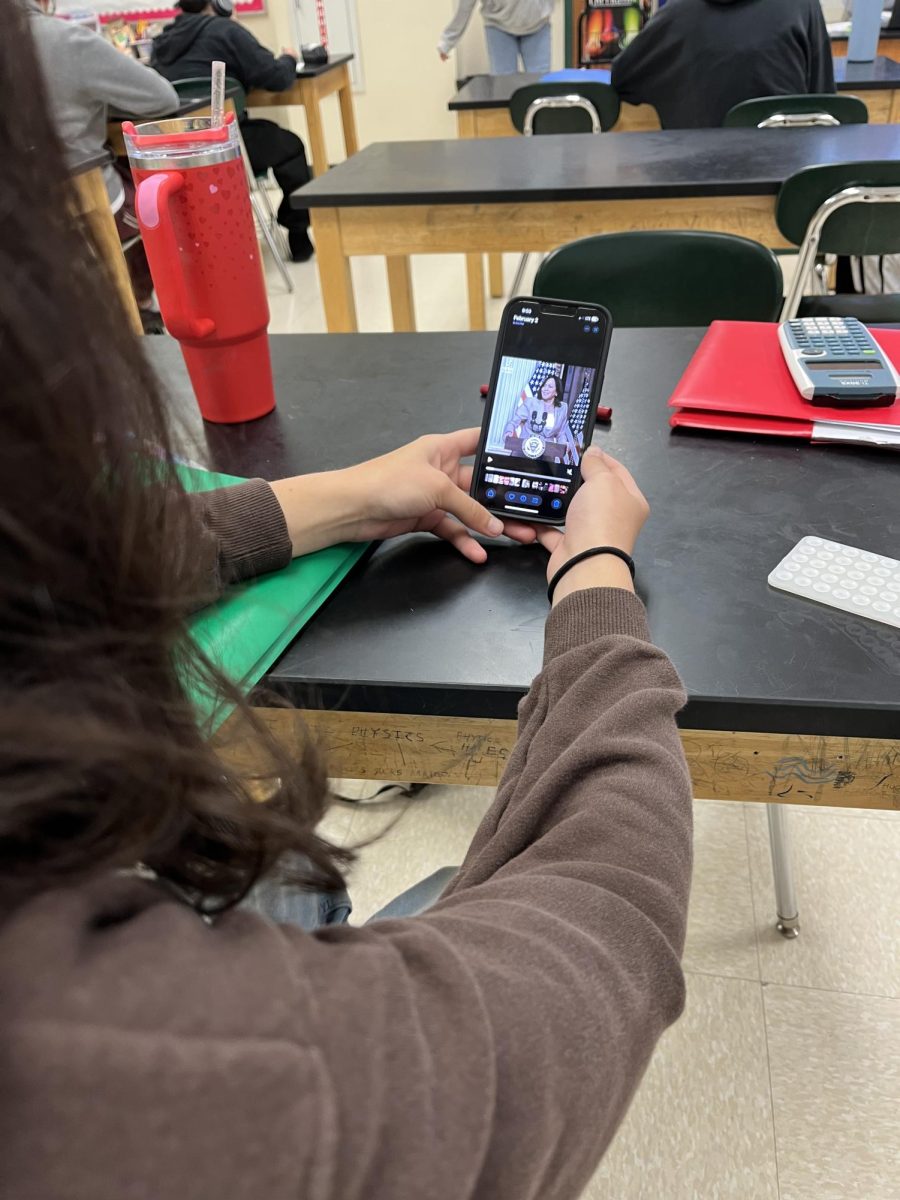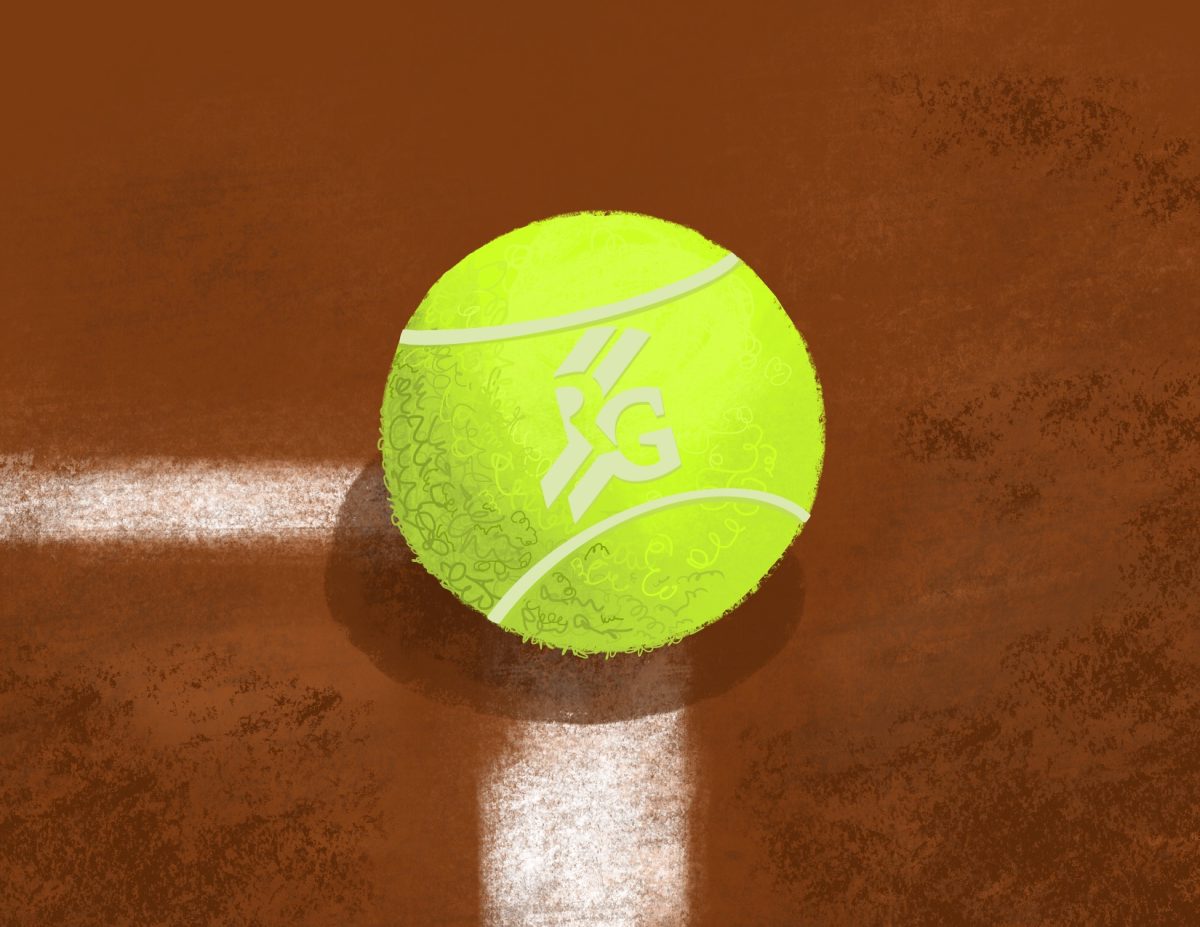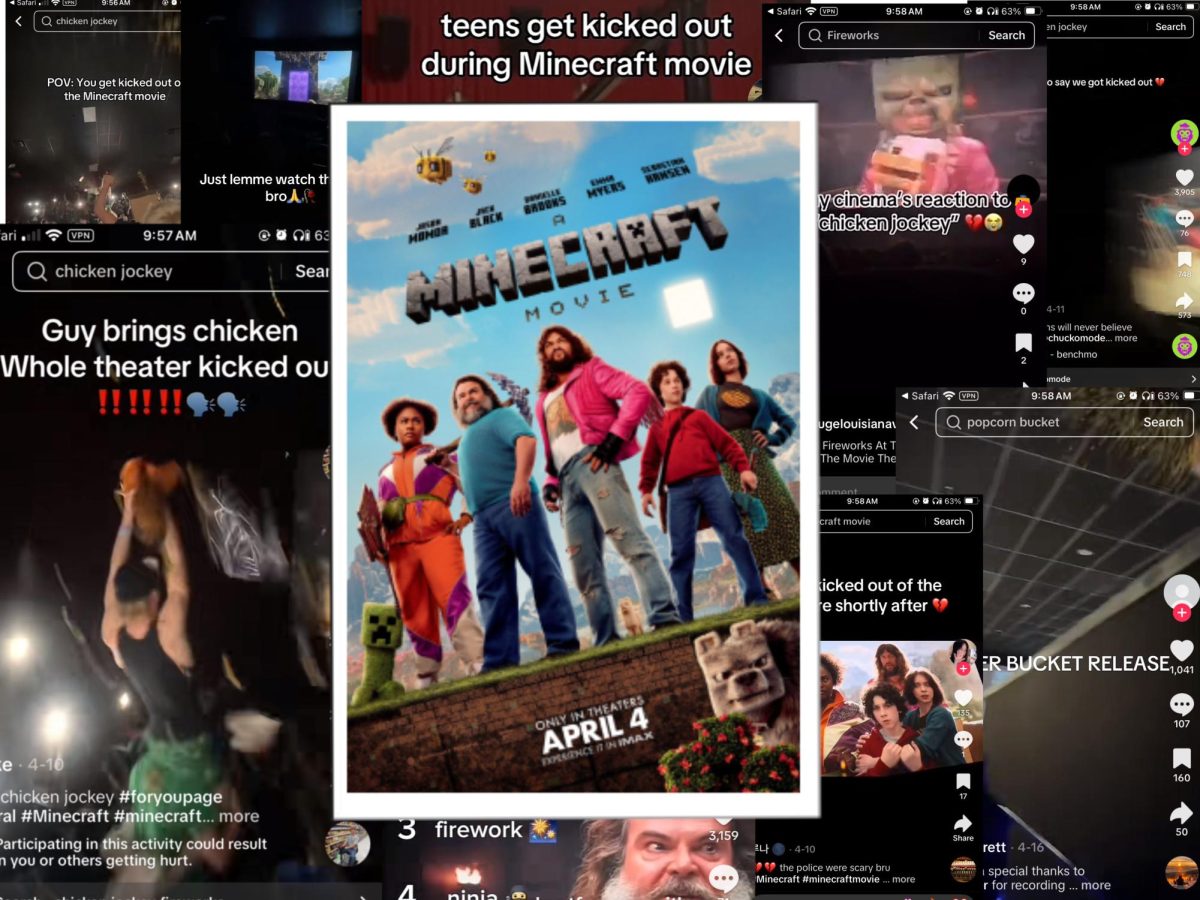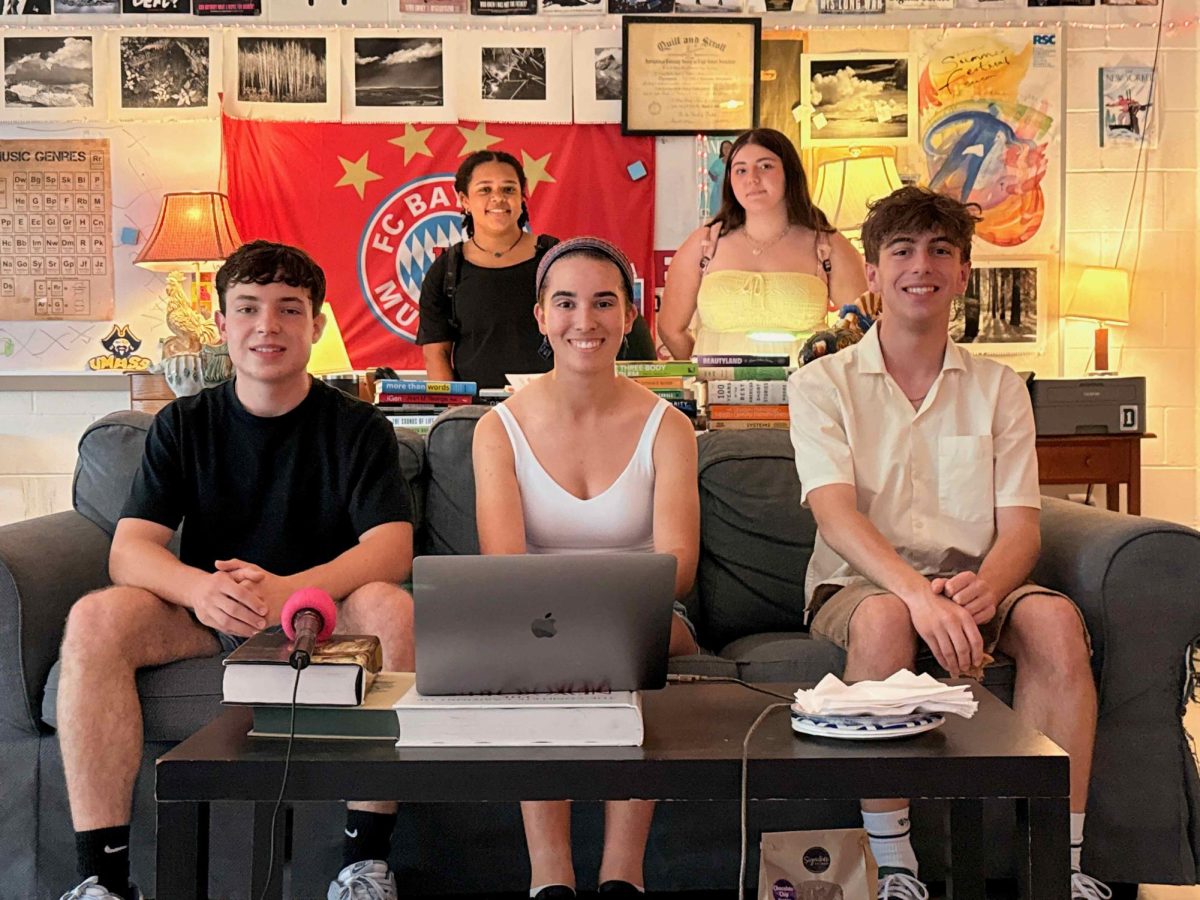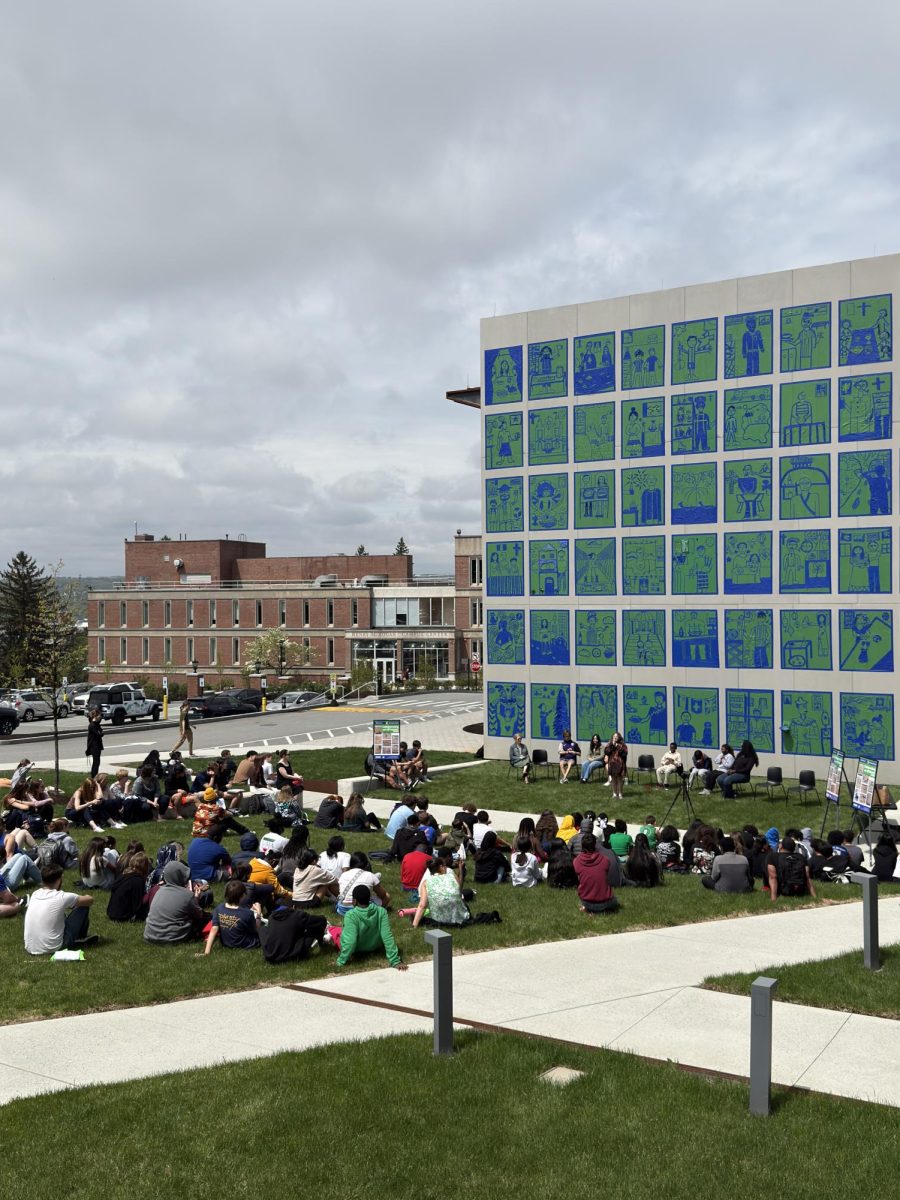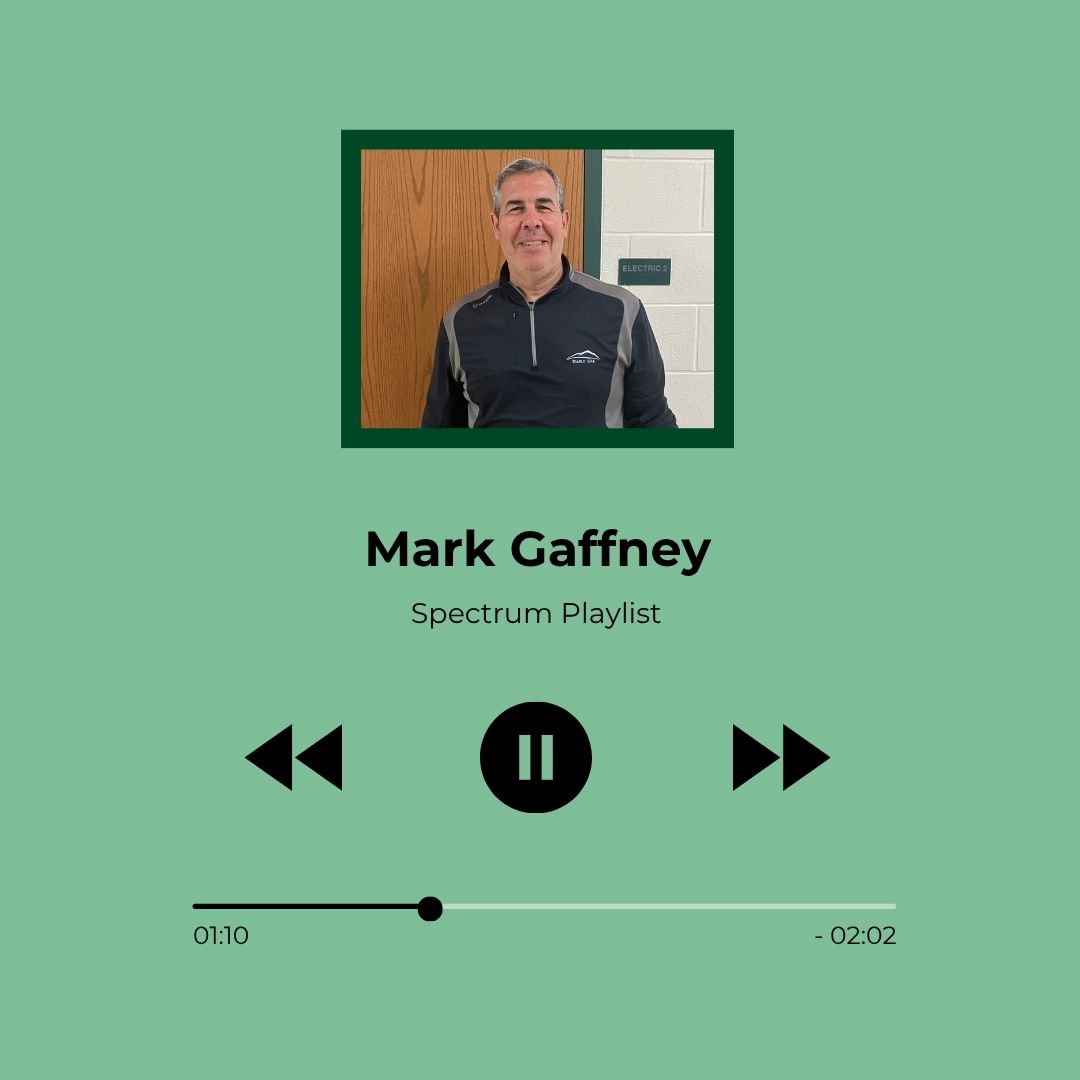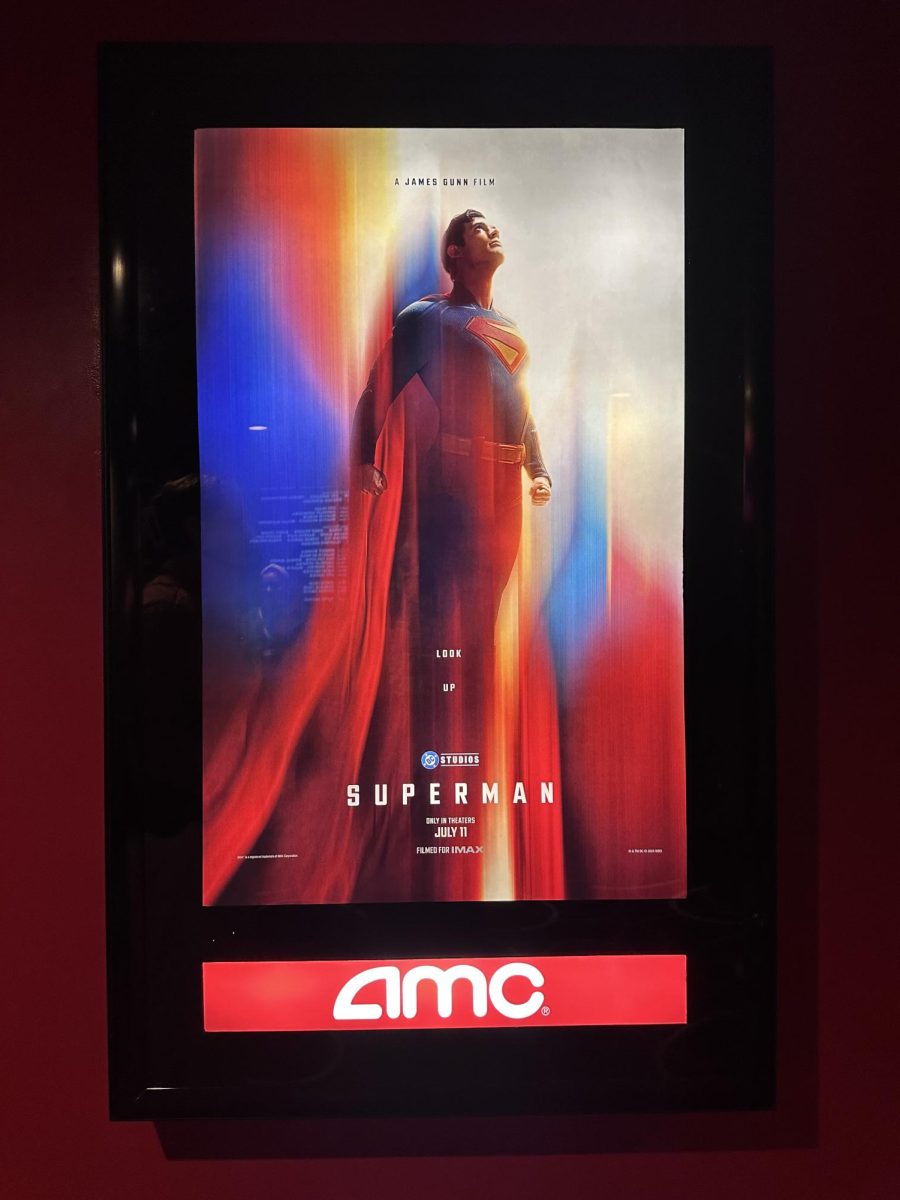The word impeachment does not pack the same menacing poignancy it did in 2020. This has little to do with the crimes (or lack thereof) but more to the glamorization, popularization, and dramatization. Depp v. Heard, Gwenyth Paltrow, and Trump, trials all went viral, from hashtags and fanfare edits, transcripts became memes and verdicts became season finales all the while desensitizing a generation to the gravity of legal trouble. So what, namely, has sparked such a laissez faire attitude toward the dignity of the defendant and prosecution? Well a lot of it has to do with gallows humor and public jesters.
Public jesters (often underqualified), who become the jurors of public opinion, guiding public opinion through commentary. The facial feedback hypothesis in psychology is the idea that we mirror others’ reactions (even subconsciously). So when reaction videos are often the most viral concerning trials with A-List celebrities and politicians, the narrative of the trials themselves can become completely separate from a verdict. A reaction video can be skeptical of a testimony, and suddenly a good majority of the internet is. This may seem like healthy skepticism; believing most people are lying to you in reality may not be so bad in practice, but for trials this is uniquely threatening, The whole system relies on trusting that once sworn in, everyone is telling the truth, this is why they can plead the fifth: to avoid lying they can use their fifth amendment right to not potentially incriminate themselves. However, watching these live trials you may be fully convinced that one party is entirely falsifying their testimony.
Depp v. Heard has been landmarked as the end of the #MeToo movement, and I wouldn’t be surprised if the next impeachment trial would be known as the start of an era of performative impeachments inevitable for every following leader of the nation. This decisiveness of public cases (Depp v. Heard is not the only post-divorce scuffle) without the approval of the supreme court to allow a trial to be streamed, is dangerous. Whereas cases like Brown v. The Board of Education, which is a supreme court approved public case, had an element of undiscovered territory that made it a legal precedent, cases now can become disproportionately de jure precedents in the public sphere. This could be accounted for by the enlargement of life through social media, which contributes to the polarization of views. To consider a defamation trial involving two A-Listers with no particular skin in the game the end to a movement built off women who waited decades in the silence of patriarchy is absurd, yet the hush since is deafening. It’s playing fast and loose with the judiciary system for short term entertainment but long term consequences, whereas before, trials like this could go through the typical news cycle and be forgotten, now on YouTube reaction videos will always exist and everything under the hashtag will meticulously document the trial like public archives.
It’s a truth to bear in mind: not every trial is a legal precedent. As more trials become sensationalized, it will continue to bring into question the integrity of the American legal system, which arguably was always flawed. This double edged sword sparks healthy skepticism, but dangerous disrespect for the “law of the land,” which in theory, keeps us all from the brink of mob rule and chaos. Without there being a process of approving which trials can be up for millions of eyes to see, we can expect there to be no baseline respect for the justice system, because to many it seems they can’t properly protect their own rights, so how are they supposed to regulate and protect mine?

